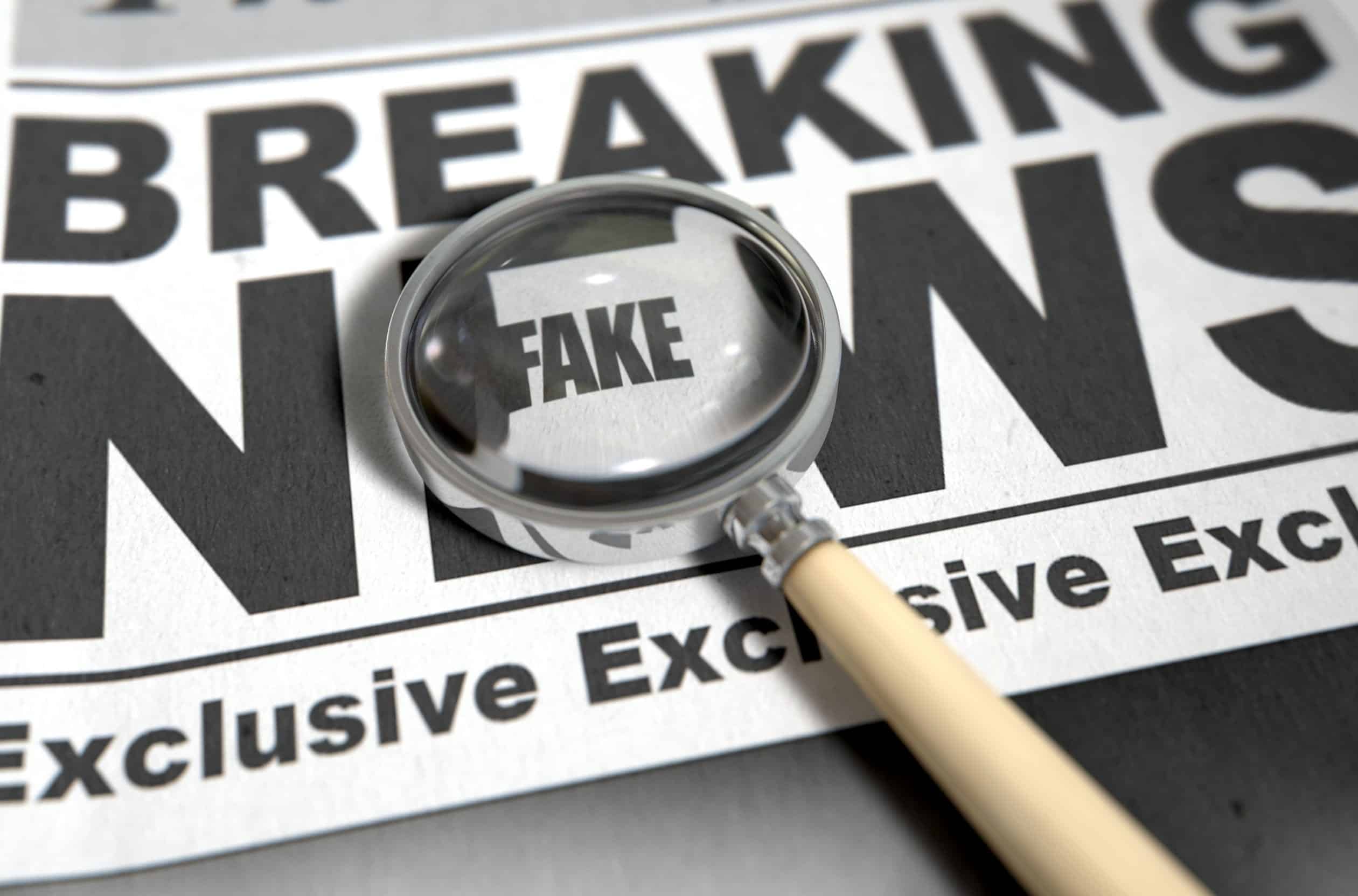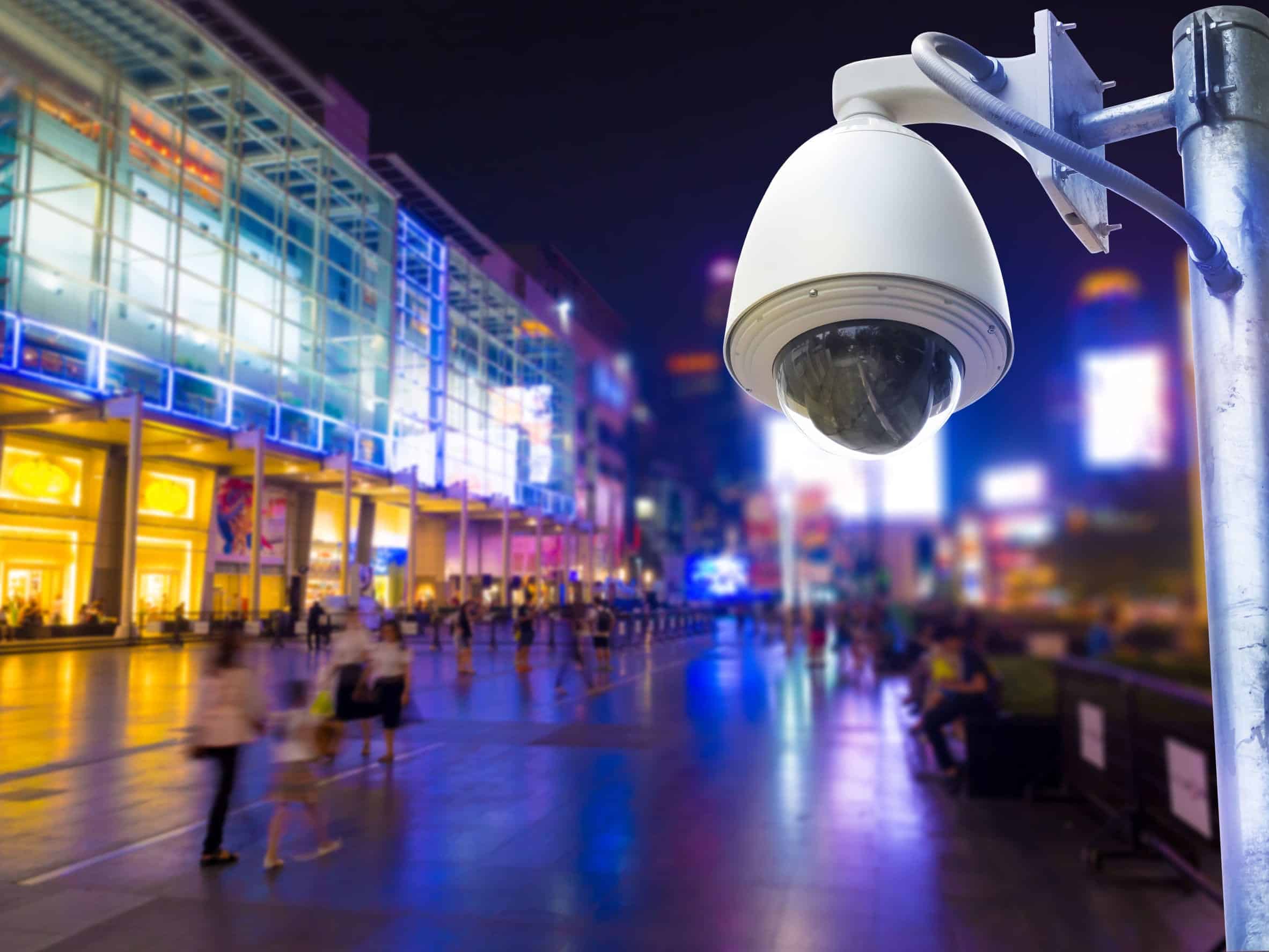- Home
- THE FIRM+
- Criminal Defense+
- CASE RESULTS
- AREAS WE SERVE+
- FAQ’s
- Blog
- Contact
AZHARI LLC BLOG

Posted By: Sami Azhari
Category:
The Jussie Smollet case has been the top story on every news outlet for quite a while now. What first appeared to be a hate crime against the Empire actor has now turned into a bizarre string of incidents that is angering people of color and LGBT communities across America.
What has happened so far?
On January 29, Smollet filed a police report claiming that he was attacked by two men in Chicago. He said that the two men yelled racist and homophobic slurs at him (Smollet is black and gay) and poured a substance that appeared to be bleach over his head. The two men also allegedly put a rope around his neck.
Understandably, police took the incident very seriously and began to investigate. They looked through surveillance footage and arrested two men who could have been involved in the incident.
As it turns out, though, the entire report may have been false. Police officers could not find evidence of the alleged attack, even after 12 law enforcement officers spent time looking through surveillance footage from the alleged time and place of the incident. Because of this, Smollet is now facing class 4 felony charges for filing a false report, a charge to which he has pleaded innocent.
In this post, we’re going to look both at the potential hate crime charge that could have come out of this situation and at the disorderly conduct charge that eventually did.
Jussie Smollet and the Hate Crime That (Probably) Never Was
One of the most unfortunate elements of this story is that while this report appears to be false, over 7,000 cases of hate crimes were reported to the police in 2017. Worse, the number of hate crimes appears to be rising, and many people do not come forward with hate crimes, for fear that they won’t be believed.
Because of this, many members of the LGBT community have shamed Smollet for the allegedly false report, and fear that reporting hate crimes and being believed will be harder for LGBT people after this widely-publicized incident.
Let’s say the police did find something on those surveillance cameras, though, and ended up charging someone with the attack on Smollet. What would that have looked like?
Illinois has specific laws against hate crimes. Hate crimes are violent crimes that are committed due to the victim’s “actual or perceived race, color, creed, religion, ancestry, gender, sexual orientation, physical or mental disability, or national origin of another individual or group of individuals.” Since the two men who allegedly attacked Smollet used racist and homophobic slurs, it makes sense to assume that the motive behind the attack was Smollet’s race and/or sexual orientation.
A hate crime is a class 3 felony in Illinois. The charges may increase to a class 2 felony if the defendant has been convicted of a hate crime in the past or committed the hate crime in or within 1,000 feet of the following places:
- Church, synagogue, mosque, or similar place of worship
- Cemetery, morgue, or other grounds that bury or commemorate the dead
- School or educational facility
- Public park
- Religious/ethnic community center
Why Was Smollet Charged with Disorderly Conduct – and Why Is It a Felony?
In a city like Chicago, where over 180 people have been killed in 2019 already, law enforcement officers don’t have time to deal with false reports. As this case began to unravel, fingers started to point to Smollet for faking the entire attack and then erroneously reporting it.
As our laws are written here, filing a false police report falls under the umbrella of disorderly conduct. It seems strange, right? After all, disorderly conduct is not the most serious crime. Most incidents, in fact, are only charged as class C misdemeanors.
However, for the reasons listed above, filing a false report is considered more serious. Under Illinois law, it can be charged as a misdemeanor or a felony. How do prosecutors decide on the charge? By determining the amount of “inconvenience” and “harm” the false report caused to police.
In Smollet’s case, he was charged with a class 4 felony, something that comes with penalties that include up to three years in prison.
The Story Gets Stranger and Stranger…
Unfortunately, this is not the only incident that has put Smollet in the spotlight. Police have also named him as a potential suspect in the case of a threatening letter that was mailed to the set of Empire and contained homophobic slurs and a suspicious white powder.
If Smollet is behind the letter, his state felony charges may soon be the least of his worries – he could face federal charges. At the moment, however, Smollet is not a suspect and he has not been charged with federal mail fraud. He and his legal team are focused on fighting the disorderly conduct charges.
Continue to watch this story as it unfolds, though. All of these cases are still developing, and they have been sparking important and interesting conversations about false reports, hate crimes, and how to navigate attacks against marginalized communities.
About the Author
Sami Azhari has been working as a lawyer since 2007, after receiving his Juris Doctor from the Michigan State University College of Law. He has handled numerous state and federal cases, and is known throughout the Chicago and Rolling Meadows area for providing his clients with high-quality, skilled representation. He has been recognized by SuperLawyers, the National Trial Lawyers Association, and other notable organizations, and has spoken at a number of legal conferences.



























































